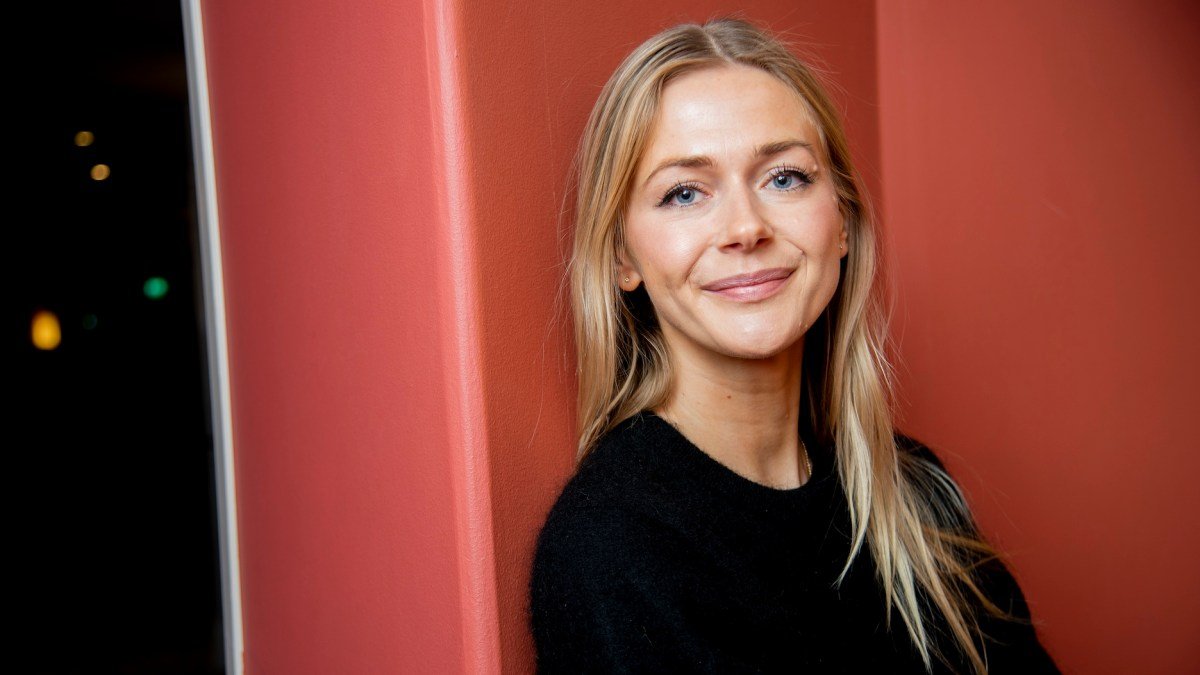Kost Capital, a new Danish venture capital fund, is on a mission to revolutionize the food industry and bring better food options to a wider audience.
The brainchild of General Partner Bodil Sidén, Kost Capital was founded with investment from partners Kasper Hulthin, Christian Tang-Jespersen, Mark Emil Hermansen, and Jacob Lee Ørnstrand.
Interestingly, Kost also shares its space with Kost Studio, a food development studio and test kitchen that collaborates with universities and markets to create innovative food products.
When asked about the amount raised so far, Sidén declined to share specifics, but did reveal that Danish sovereign fund EIFO and Kost’s founding limited partners are among the backers.
Kost Capital focuses on investing in pre-seed and seed stage startups throughout Europe, with a particular interest in B2B inputs and the future of food. So far, the fund has made investments in three companies: Äio, a palm oil alternative from Estonia, Numi, a French infant formula company, and Nutrumami, a Danish ingredient company.
Sidén’s journey to venture capital is quite unique, as it began in Swedish politics where she served as a press secretary to the Fredrik Reinfeldt government and worked for various Swedish ministers.
“I’ve always had a strong passion for creating societal change – my parents were migrant teachers, so I was exposed to issues of justice and global impact from a young age,” Sidén shared with TechCrunch. “Then I transitioned into the world of tech, working in communications for Uber in the Nordics, where I learned about scaling and marketing tech companies from a local perspective.”
After her time at Uber, Sidén teamed up with two colleagues to form a venture capital fund in Stockholm that focused on hands-on company building, particularly for technological startups lacking commercialization strategies.
Following two successful funds, Sidén connected with the investors behind Kost Capital, who were looking for a general partner to help create a platform and develop a strategy. With the help of senior associate Paul Archambeau, she has been doing just that for the past year.
Kost Capital’s investment thesis draws inspiration from Sidén’s political background and the idea that food is a key component of the bioeconomy. With a growing global population, increasing concerns about climate change and food waste, and policy changes impacting the industry, Sidén believes that more investment is needed in food tech.
“If we look at the next five years, all major trends point towards this, yet it’s an area that remains largely underinvested,” she explained. “When we examine where the money has gone, it’s mostly towards logistics and branding, rather than actual food. There is a tremendous opportunity here, and hopefully, we will see more generalist venture capitalists stepping into this space. We did have some initial setbacks with B2C companies, making it challenging to assess different business models, but I believe that mindset is shifting now.”
With that in mind, one of Kost Capital’s goals is to become the top co-investor in Europe for food tech and generalist investors seeking a firm with expertise in scaling and specialized knowledge of the food industry.
The timing seems to be right, as food tech is currently experiencing a surge in Europe. Not only are larger-than-average investments being made in companies like Infinite Roots, which produces protein from mycelium, but there is also an increase in the number of funds being raised. Just this week, Eatable Adventures – an accelerator supporting food tech in Spain and Italy – announced the launch of its €30 million investment vehicle, the Europe Foodtech Acceleration Fund I SCSp.
Furthermore, government support is also on the rise. For example, the United Kingdom is investing £2 billion into biotechnology, with a particular focus on food. The European Union also has plans to invest €50 million in scaling precision fermentation, while Aleph Farms – a company specializing in cultured meat – has received regulatory approval in Israel for its groundbreaking technology.








